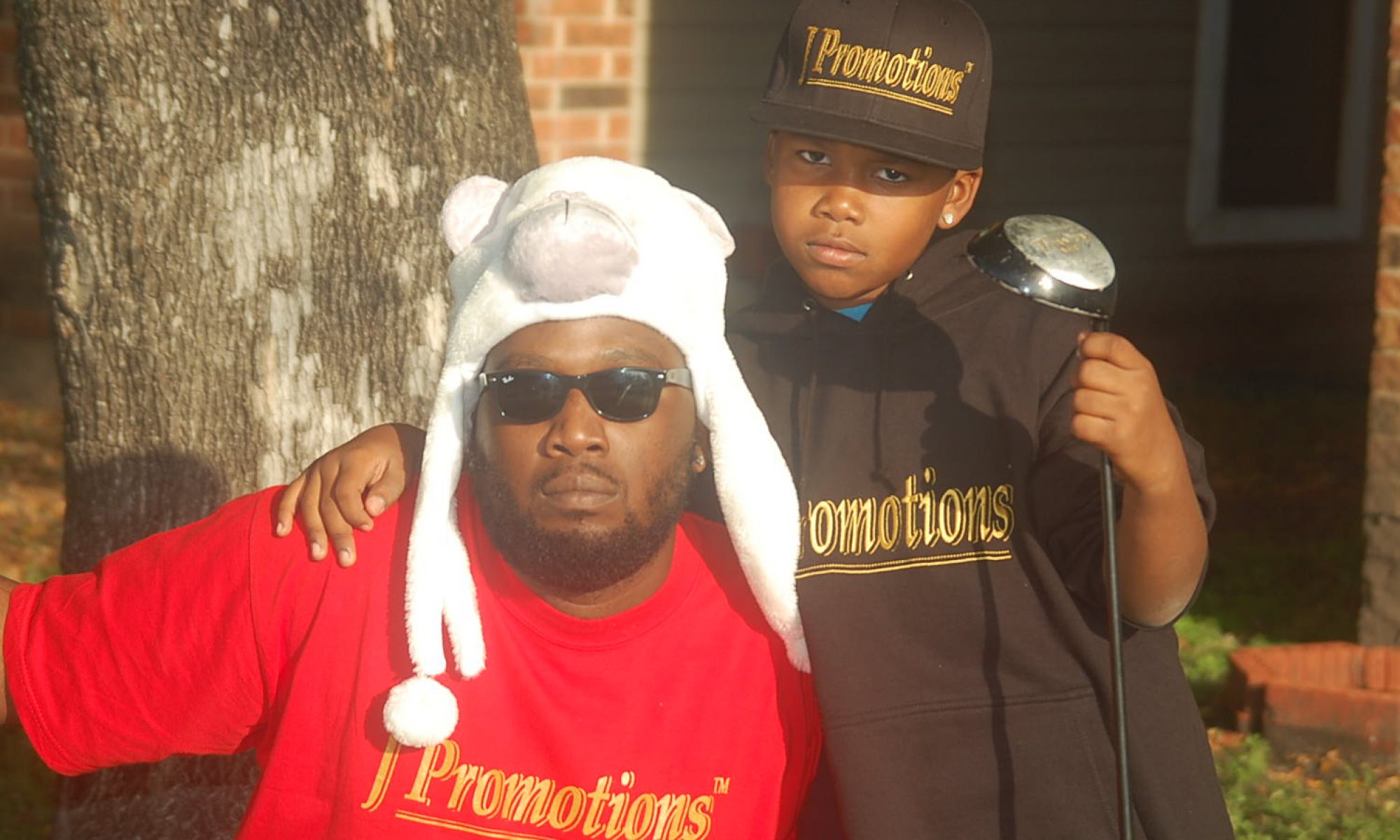According to the Southern Poverty Law Center ― an organization that tracks hate crimes and promotes tolerance ― there are currently 101 anti-Muslim groups in America, out of 917 total hate groups. According to The New York Times, anti-Muslim hate crimes were already rising in 2015, which saw a 67 percent increase from the previous year. But add to this President Donald Trump’s proposal, initially banning immigrants from seven Muslim-majority countries from entering the U.S., and religious discrimination seems to be mounting.
While Trump’s travel ban applies the same restrictions to all members of Muslim-majority nations, projecting a message many have viewed as intolerant, Muslim book publishers are aiming to do just the opposite. A recent report on Publisher’s Weekly highlights several Muslim presses working to shed light on the nuances of Islam, and of its practicers.
Reporters Marcia Z. Nelson and Emma Koonse spoke with publishers that issue updated versions of the Quran, books about Islam for non Muslim-readers, academic titles encouraging readers to think critically about religion, children’s books with Muslim protagonists, and YA books bolstering Muslim voices.
Of the diversity of perspectives on offer by these publishers, Publisher’s Weekly writes:
Despite the nuances found in the Muslim publishing industry, one common goal between publishers is clear: to provide resources that accurately represent beliefs and experiences of distinct and numerous communities of Muslims in the U.S. and around the globe.
The work of promoting a complex vision of Muslim identity isn’t to be shouldered alone by Muslim presses. Another publishing house, Comma Press, vowed to only publish books by authors from the countries affected by the travel ban until it’s fully overturned. “Personally, I’d much rather hear voices from Somalia, Yemen or Iran than have to listen to yet another news report about the new show business that is U.S. politics,” publisher Ra Page told The Huffington Post.
Libraries are also doing their part to provide accurate information about Islam, and to report any hate crimes that may happen within their walls. To this end, the American Library Association started the hashtag #LibrariesRespond.
While a response system is valuable, Muslim presses could offer something that treats the gnarled root of hate: visions of religious identity that are too complex to be stereotyped, and too full of humanity to be ignored.
For a thorough list of Muslim publishers, see Publisher’s Weekly’s profile.
— This feed and its contents are the property of The Huffington Post, and use is subject to our terms. It may be used for personal consumption, but may not be distributed on a website.
Source: HuffPost Black Voices
